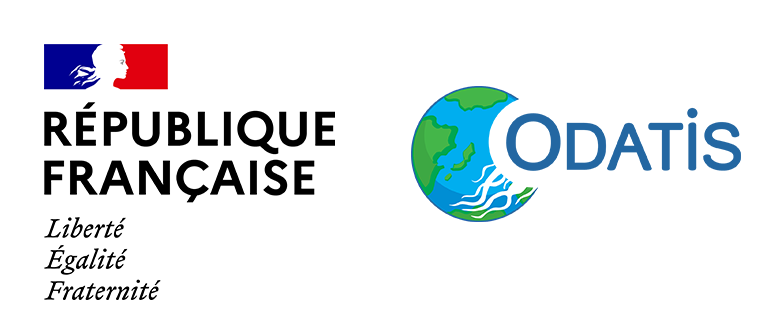GEOTRACES
GEOTRACES is an international marine geochemistry research program accredited by SCOR. GEOTRACES' mission is to identify the processes and quantify the flows that control the distribution of key trace elements and their isotopes in the ocean. In addition, the sensitivity of this distribution to environmental changes is being assessed.
The programme brings together 33 nations that work in coordination to achieve this mission. The genesis of the program began in the early 2000s with the introduction of new mass spectrometers and systems for the clean and improved sampling of seawater and particles. These tools have opened up very large and promising scientific exploration fields. In particular, they make it possible to investigate at a large scale and high spatial resolution the distribution and behaviour of chemical elements and isotopes that have hitherto been very difficult to measure. These measured chemical elements are listed below in the "Measured parameters" tab.
The data from the French biogeochemical campaigns that have been labelled by GEOTRACES (GEOVIDE, KEOPS2, PEACETIME, BONUS GOOD HOPE, PANDORA) are integrated into the LEFE-CYBER database.
After the drafting of the scientific plan (2006) and then the implementation plan (2009), GEOTRACES was officially launched in 2010 with a first data product from the program launched in 2014 and a second in 2017.
As of October 2018, 105 sea campaigns have already been carried out as part of GEOTRACES. In average, between 3 and 5 are carried out per year, depending on the fluctuations of the research arrangements and credits obtained by the various partners. The sea campaigns are scheduled to be completed in 2023.



